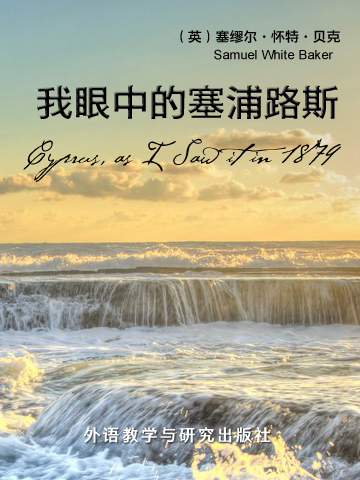"If Batoum, Ardahan, Kars, or any of them, shall be retained by Russia, or if any attempt shall be made at any future time by Russia to take possession of any further territories of His Imperial Majesty the Sultan in Asia, as fixed by the definitive treaty of peace, England engages to join His Imperial Majesty the Sultan in defending them by force of Arms.
"In return, His Imperial Majesty the Sultan promises to England to introduce necessary reforms, to be agreed upon later between the two Powers, into the government, and for the protection of the Christian and other subjects of the Porte in those territories; and in order to enable England to make necessary provision for executing her engagement, His Imperial Majesty the Sultan further consents to assign the island of Cyprus to be occupied and administered by England.
作者晚年事情的叙事体作品,讲述的是作者在非洲探险时期的经历。这部作品主要是叙述作者去塞浦路斯岛上时候遇到的事情。
- INTRODUCTION.
- CHAPTER 1.
- CHAPTER II.
- CHAPTER III.
- CHAPTER IV.
- CHAPTER V.
- CHAPTER VI.
- CHAPTER VII.
- CHAPTER VIII.
- CHAPTER IX.
- CHAPTER X.
- CHAPTER XI.
- CHAPTER XII.
- CHAPTER XIII.
- CHAPTER XIV.
- CHAPTER XV.
- CHAPTER XVI.
- CHAPTER XVII.
- CHAPTER XVIII.
- CHAPTER XIX
- CHAPTER XX.
- 书评 写书评
- 笔记
-
书评加载中...



















 京公网安备 11010802032529号
京公网安备 11010802032529号
笔记加载中...